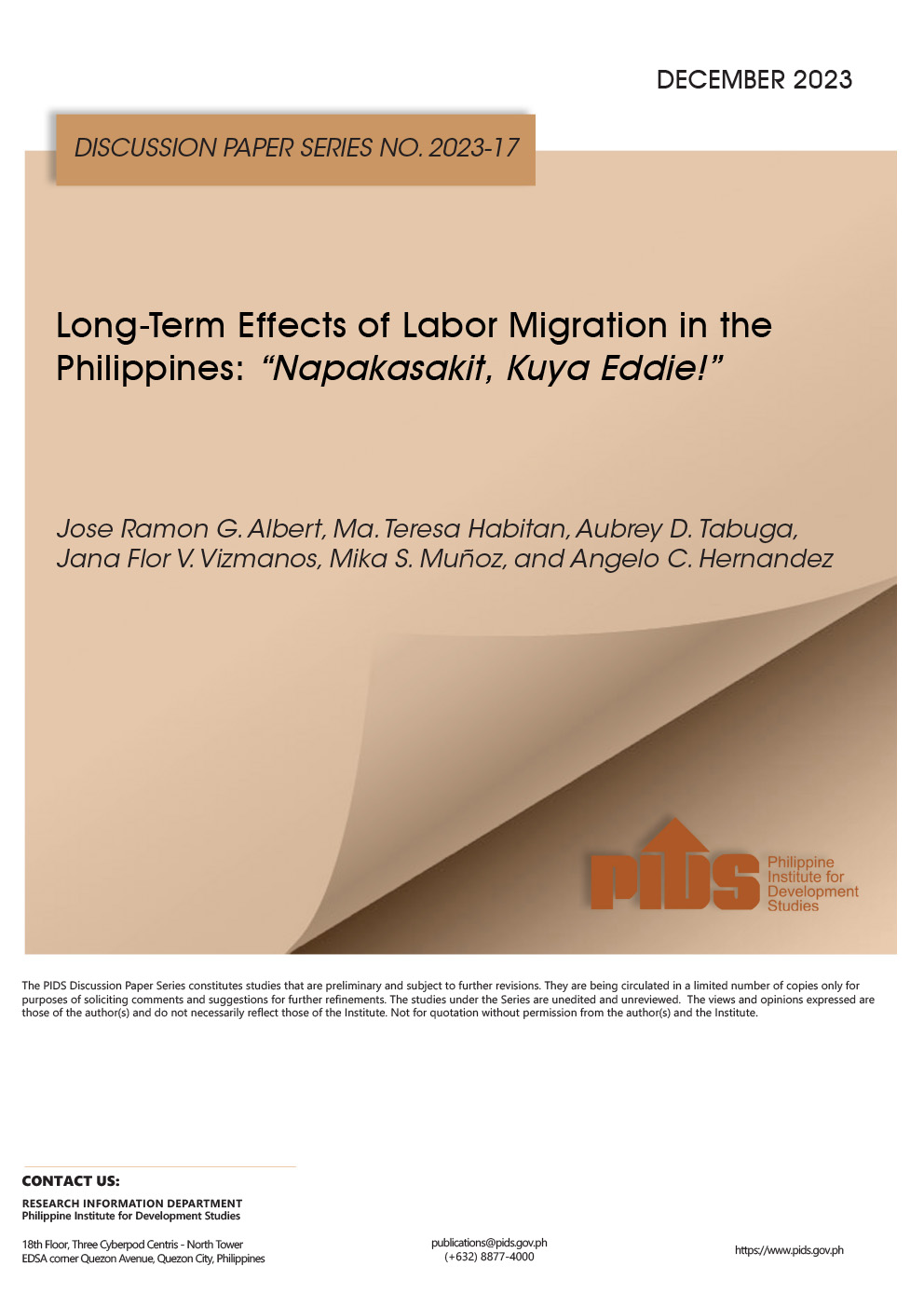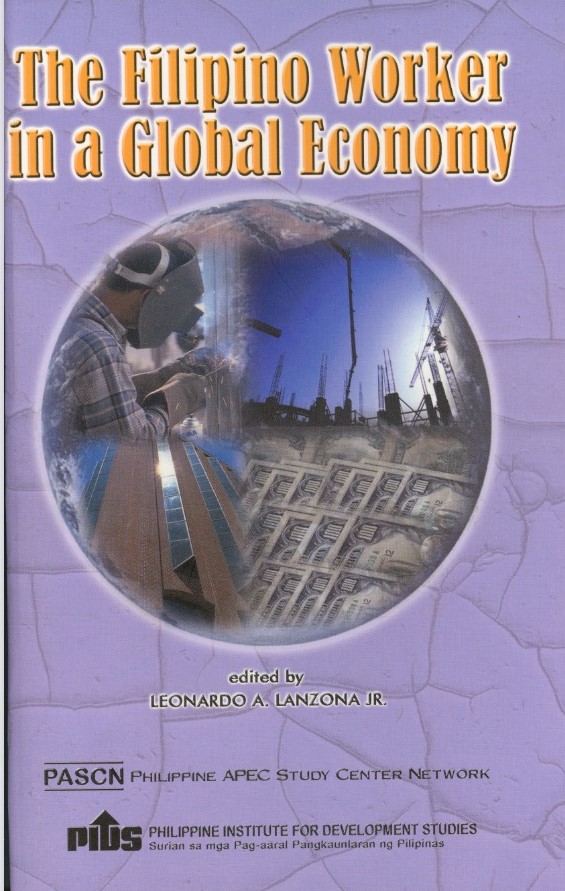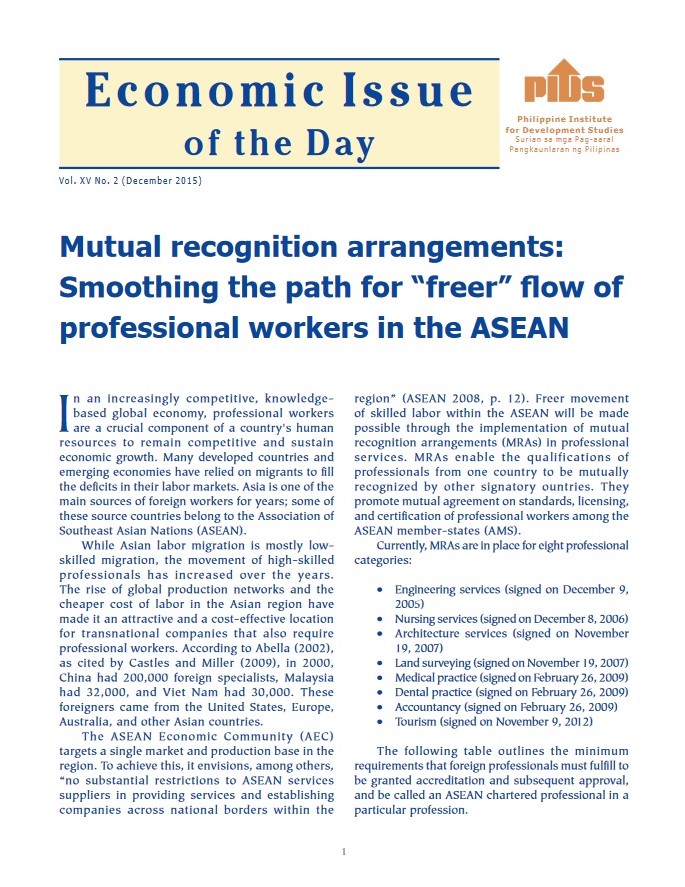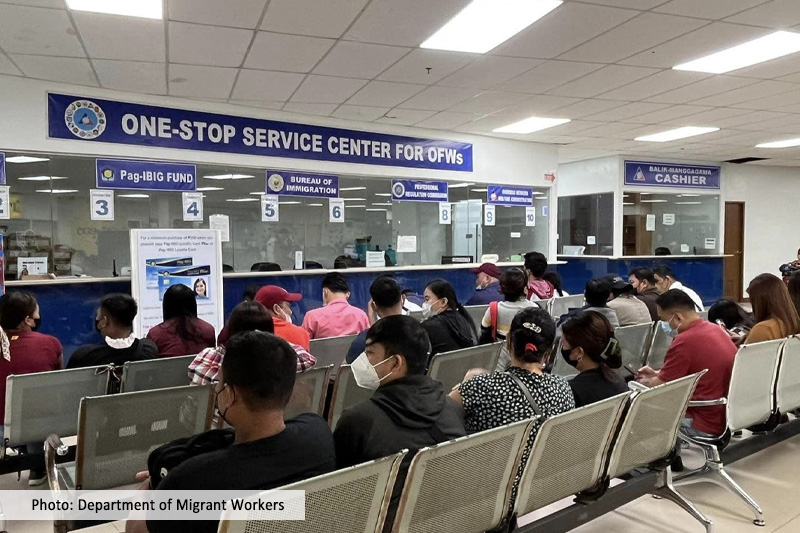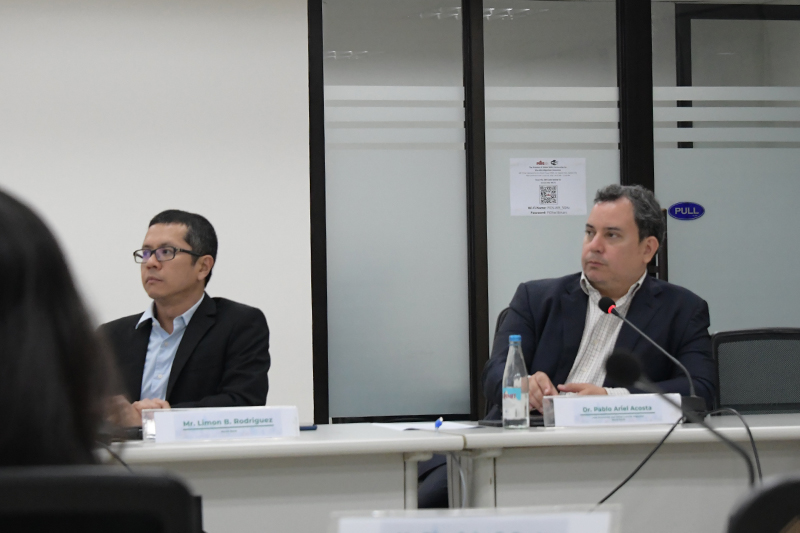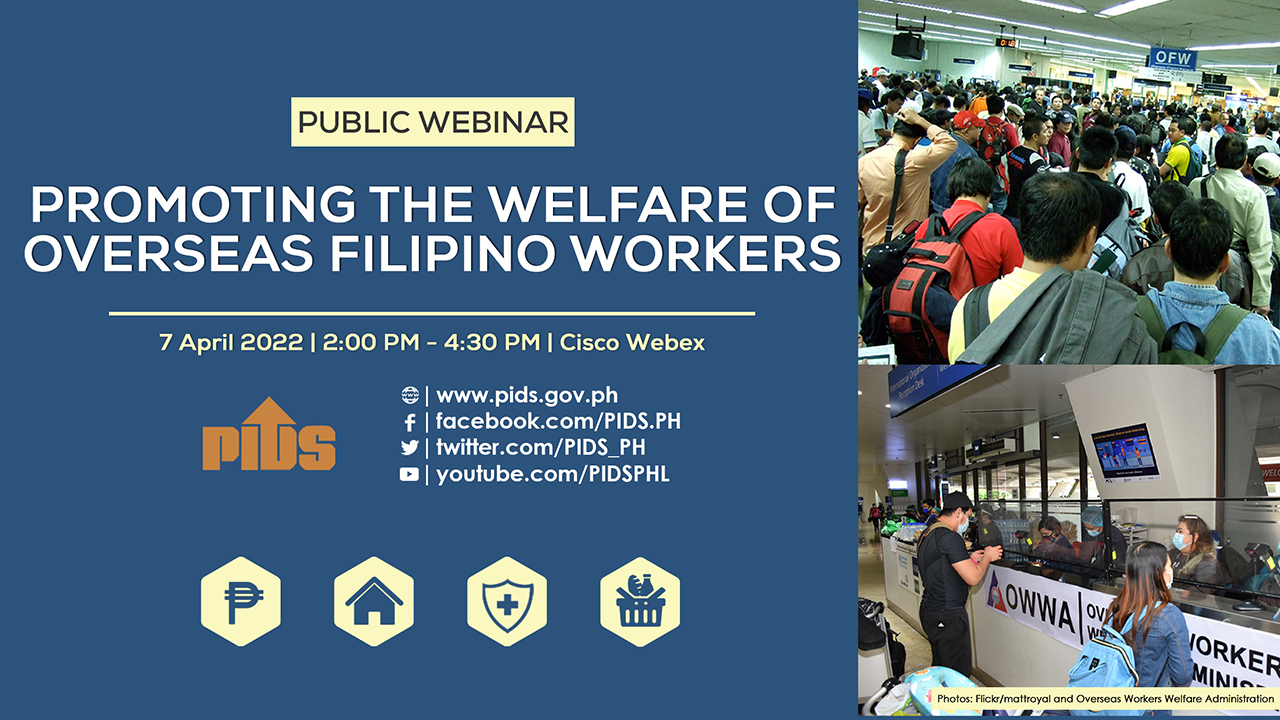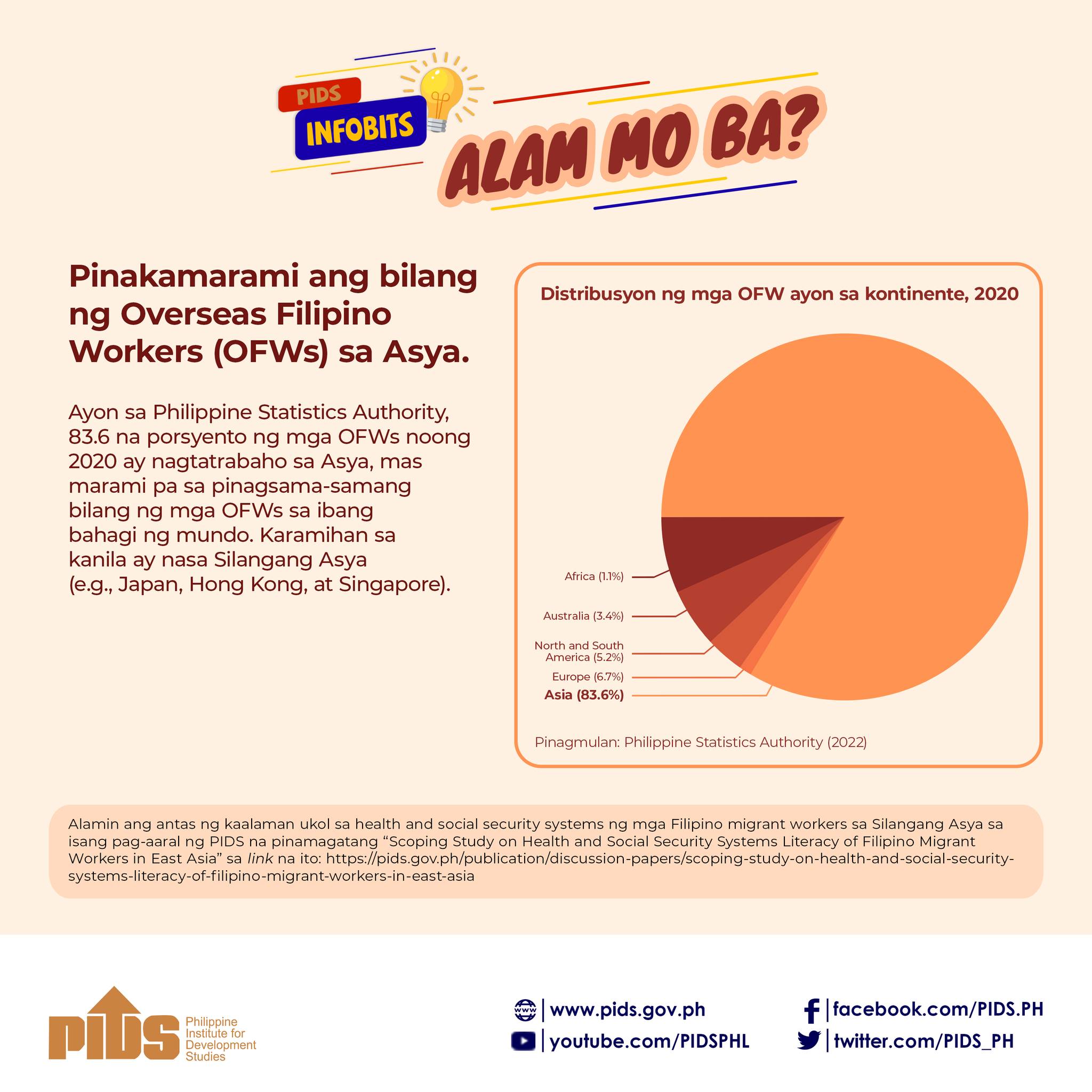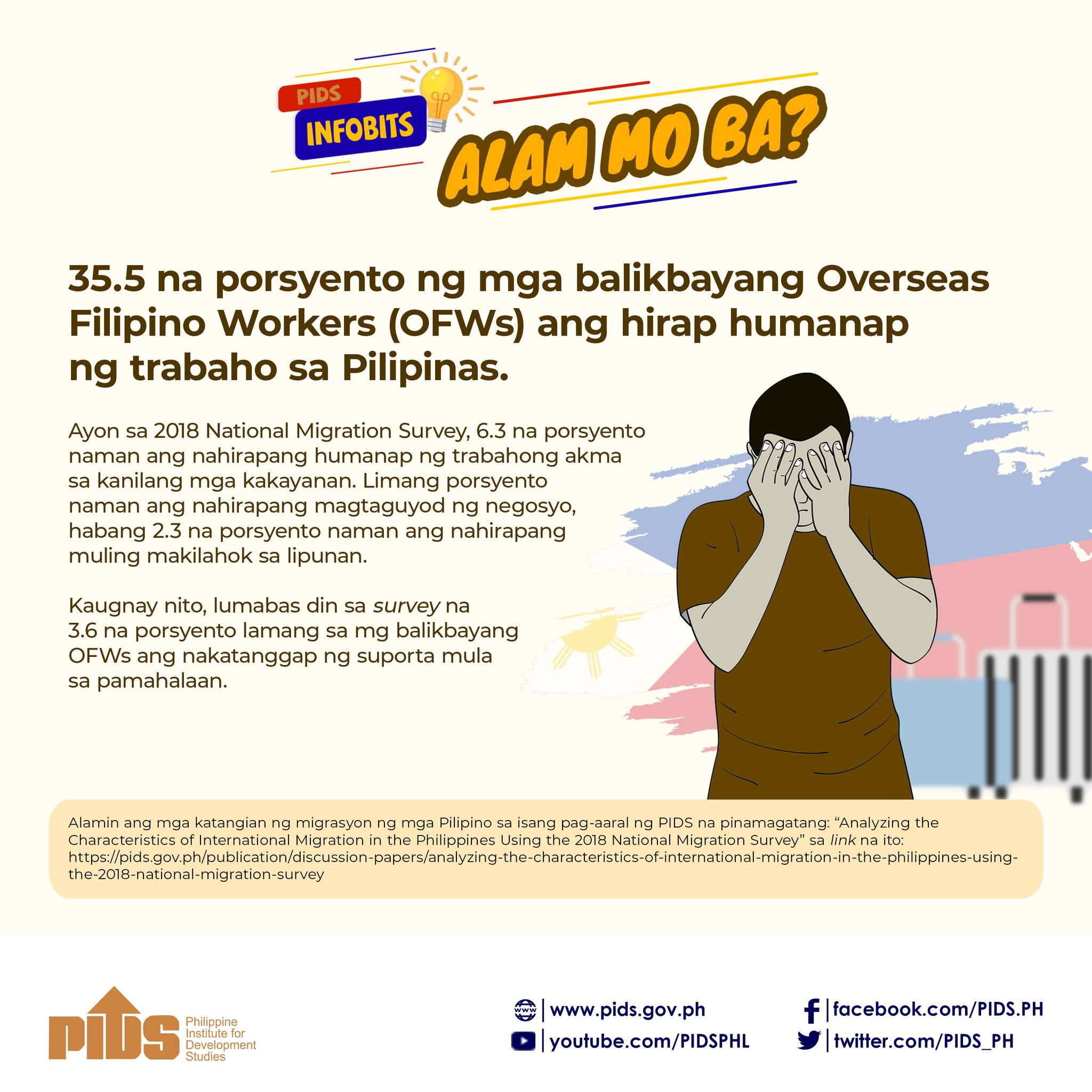As the country witnesses a steady export of its human resources, it becomes imperative to explore not only the immediate impacts of labor migration on the Philippine economy but also its long-term consequences on both the overseas Filipino workers and the families they leave behind. This study examines the various effects of labor migration on OFWs and their families, including the economic benefits and social costs (e.g., family dynamics, child outcomes in terms of labor, health, education) of the diaspora, and what the government has done to assist these modern-day heroes. Remittances sent home by OFWs have become a major contributor to the Philippine economy, representing around 10 percent of gross domestic product. This provides income for families and supports consumer spending. However, labor migration has led to divided families and complex transnational relationships between OFWs and their families in the Philippines. While remittances support loved ones, being miles away from loved ones can cause psychic pains. Findings from interviews with OFWs and their families also suggest that young OFWs dream of retiring early but may not be provided systematic support for financial literacy. The paper calls for strengthening the reinforcement of legal frameworks, enhancing the labor market, improving social protection programs for OFWs and their families, equipping them with the necessary skills to achieve financial sustainability, and regularly monitoring OFW conditions for evidence-informed policymaking.
Comments to this paper are welcome within 60 days from the date of posting. Email publications@pids.gov.ph.
Citations
This publication has been cited 10 times
- Chanco, Boo. 2024. Exporting our people. Philippine Star.
- Mangaluz, Jean. 2024. Why is there an exclusive hospital for OFWs and their dependents?. Philippine Star.
- Mangaluz, Jean. 2024. Why is there an exclusive hospital for OFWs and their dependents?. Philippine Star.
- Manila Times. 2024. Making remittances count. Manila Times.
- Moira G. Gallaga . 2025. Working abroad: A choice, not a necessity. Inquirer .
- Peña-Reyes, Ser Percival K. . 2024. The paradox of plenty and remittances. Manila Times.
- Romero, Maria Bernadette. 2024. Another fintech eyes global mart. Daily Tribune.
- Romero, Maria Bernadette. 2024. Why digital payment is PropTech’s future. Daily Tribune.
- Ronnell Manilag . 2025. P1200 na nakabubuhay na sahod, daing ng mga manggagawa. Medium.
- Visayan Daily Star . 2023. Eyes on the OFW sector. Visayan Daily Star .

